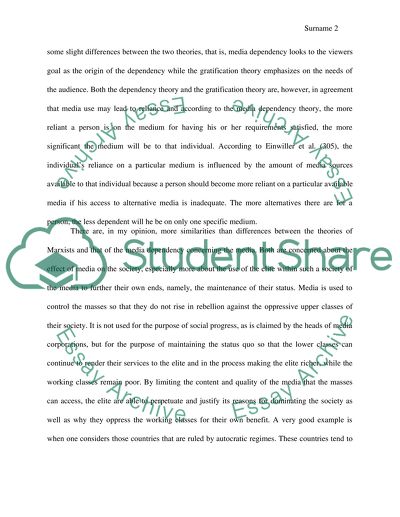Cite this document
(“The Marxist theory Research Paper Example | Topics and Well Written Essays - 1000 words”, n.d.)
Retrieved from https://studentshare.org/philosophy/1400632-the-marxist-theory
Retrieved from https://studentshare.org/philosophy/1400632-the-marxist-theory
(The Marxist Theory Research Paper Example | Topics and Well Written Essays - 1000 Words)
https://studentshare.org/philosophy/1400632-the-marxist-theory.
https://studentshare.org/philosophy/1400632-the-marxist-theory.
“The Marxist Theory Research Paper Example | Topics and Well Written Essays - 1000 Words”, n.d. https://studentshare.org/philosophy/1400632-the-marxist-theory.


